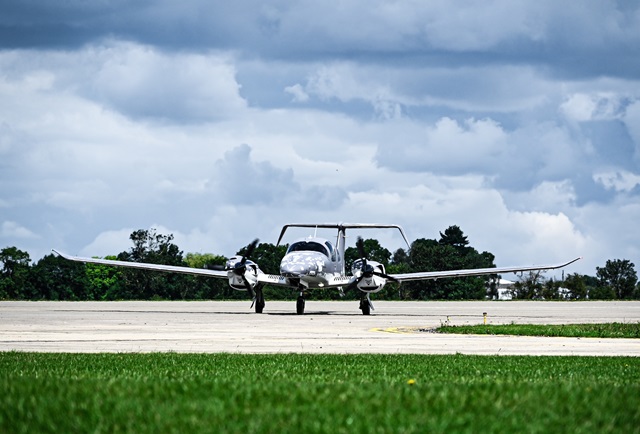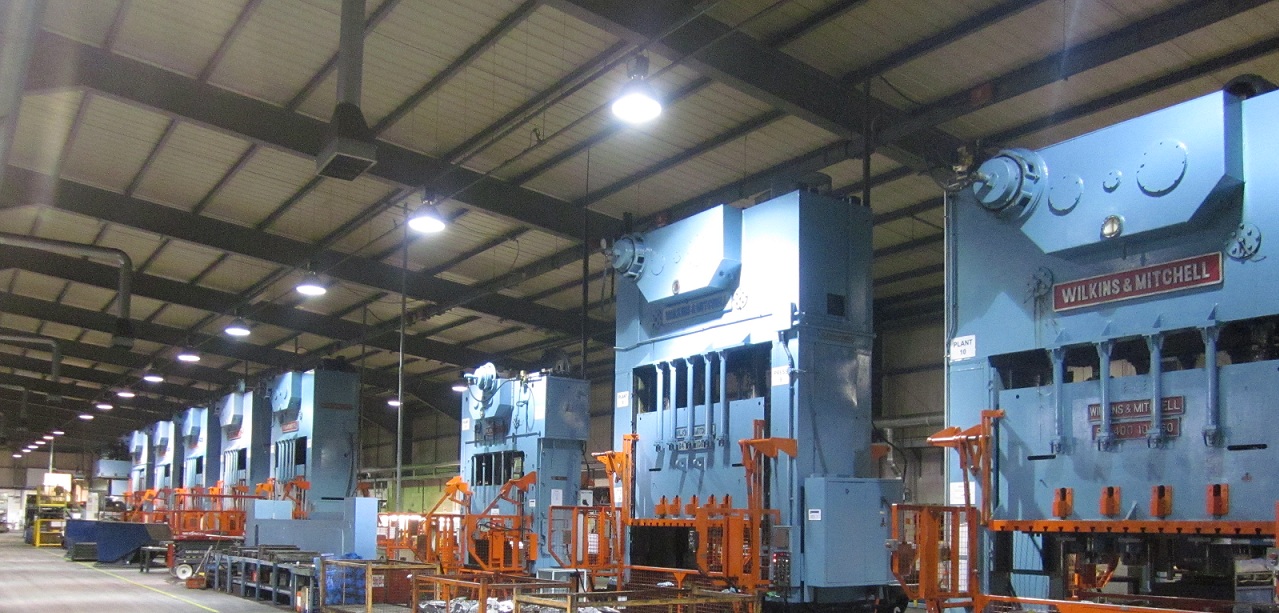Aerospace and defence companies aim at blockchain integration by 2021

One of the world’s newest and most promising technologies, blockchain is a type of distributed ledger that maintains and records data in a way that allows multiple stakeholders to confidently and securely share access to the same information.
According to the report — entitled 'Launchpad to Relevance: Aerospace & Defense Technology Vision 2018' — blockchain’s secure, immutable and decentralised features can help aerospace companies reduce maintenance costs, increase aircraft availability, and minimise errors in tracking aircraft parts.
The 86 per cent of respondents from aerospace and defense companies who said they plan to integrate blockchain in their corporate systems by 2021 was higher than the percentage for all but two of the 18 industries surveyed as part of the broader Accenture Technology Vision 2018 research.
“Blockchain is well-suited to improve the performance of one of the world’s most complex, globally interconnected and security-dependent supply chains,” said John Schmidt, who leads Accenture’s Aerospace & Defense practice globally. “This elegant and paradigm-shifting technology has the potential to deliver profound benefits for the hundreds of suppliers typically involved in the manufacturing of a single aircraft.”
The survey findings point to numerous data challenges that blockchain technology can help address. For instance, Accenture’s research found that more than two-thirds (70%) of the aerospace and defense executives surveyed believe that companies will be grappling with growing waves of corrupted insights as more falsified data infiltrates their data-driven information systems. In addition, nearly three-quarters (73%) of them believe that organisations are basing their most critical systems and strategies on data — yet many have not invested in the capabilities to verify the accuracy of that data. And the same number (73%) also believe that automated systems create new risks, including fake data, data manipulation and inherent bias.
Blockchain can help ferret out falsified data and verify its veracity because it provides a secure and unchangeable data chain. The technology can also help track and provide consistent aircraft configuration data throughout the supply chain, as aircraft manufacturers, maintenance providers and airlines currently keep track of configuration data in their own systems yet rarely if ever integrate that information with other companies’ data.
“Knowing the actual configuration of an in-service aircraft at any point time is important,” Schmidt said. “Blockchain enables aerospace and defense companies to securely share, capture and authenticate data from a single source.”
In another Accenture report, titled Extending the Digital Thread With Blockchain, Accenture found that blockchain can be used in tandem with digital twins — which are digital representations of physical objects — and can be a supporting technology within a powerful tool known as a digital thread. A large and diverse collection of interwoven data flows, a digital thread can provide more-efficient methods of sharing data throughout the product design, manufacturing and maintenance lifecycles, translating to faster and less expensive production, superior maintenance, and on-time upgrades.
“Blockchain, digital twins and digital threads are coalescing into a powerful combination of technologies that will launch the industry to higher levels of performance, data veracity, security and efficiency,” said Craig Gottlieb, a principal director in Accenture’s Aerospace & Defense practice and co-author of the blockchain / digital thread report.
Launchpad to Relevance: Aerospace & Defense Technology Vision 2018 is derived from Accenture Technology Vision 2018, the company’s most-recent annual technology report that predicts key technology trends likely to disrupt business over the next three years, including artificial intelligence (AI) and virtual/augmented reality. Among key findings from the aerospace and defense executives surveyed about these technologies:
- Two-thirds (67%) said their companies will invest in AI in the next year, with many focusing initially on production, security, and research and development.
- Four in five (80%) said they expect that every human in their workforce will be directly affected daily by an AI-based decision by 2021.
- More than half (57%) will invest in augmented reality and virtual reality in the next year, and nearly all (96%) believe extended reality will help close the physical distance gap when engaging employees or customers.
The Accenture Technology Vision 2018 is developed annually by the Accenture Labs and Accenture Research. For the 2018 report, the research process included gathering input from the Technology Vision External Advisory Board; interviews with technology luminaries, industry experts, and Accenture business leaders; and a global online survey of more than 65,300 business and IT executives across 25 countries and 18 industries. Respondents were mostly C-level executives and directors at companies with annual revenues of at least US$500 million, with most having annual revenues greater than US$6 billion. The Technology Vision for Aerospace and Defense 2018 report is based on responses from 30 aerospace and defence executives.














